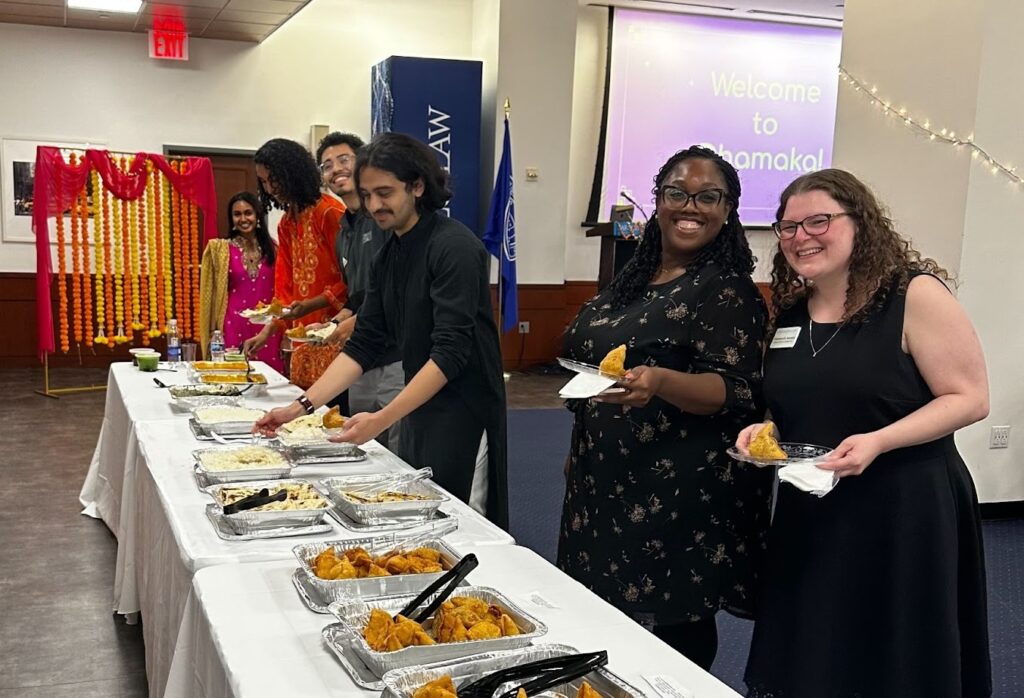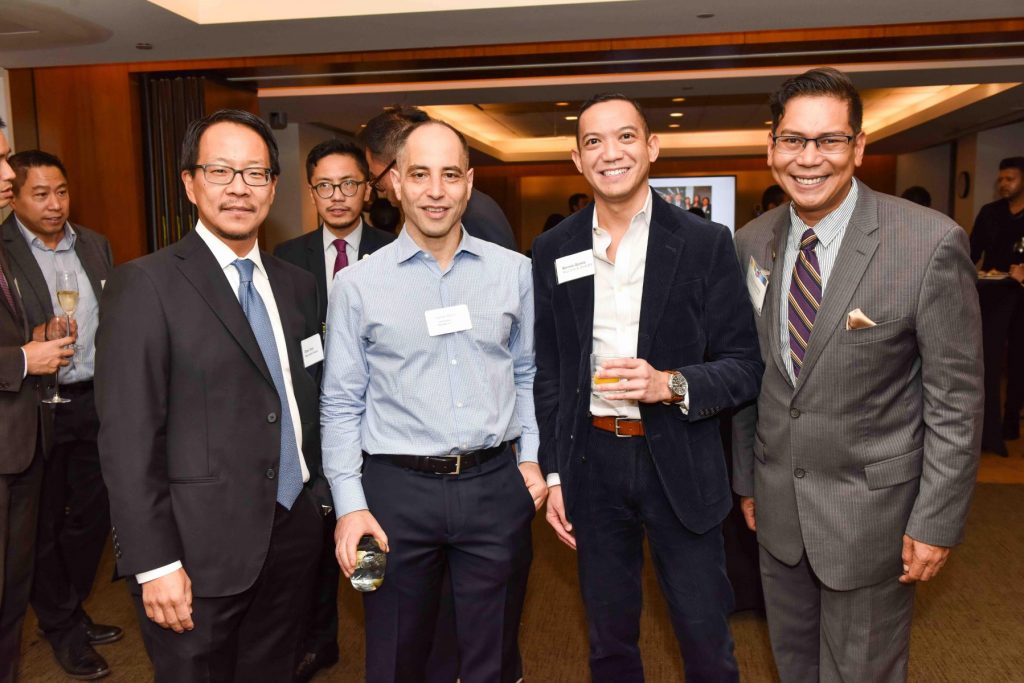Sinha, an attorney who directed state campaigns at the Innocence Project
and led NYCLU’s Suffolk County Chapter, will head NJ’s ACLU affiliate
For Immediate Release
Wednesday, August 23, 2017
Contact:
Allison Peltzman, Communications Director, 973-854-1711 (office), 201-253-9403 (cell)
Keerthi Potluri, Communications Strategist, 973-854-1702
The ACLU-NJ today announced that Amol Sinha has been named as executive director. The Jersey City resident, who most recently led state advocacy campaigns to address wrongful convictions nationwide at the Innocence Project, will start on September 1.
He knows exactly what he’ll do in his first 100 days: a lot of listening.
“In the first few months, my plan is to travel across the state, listen to the needs of people here, meet with as many organizations, community groups, and people as possible, and make the ACLU completely accessible,” Sinha said. “I want people across the state to know that we’re here as a partner, to collaborate together to make New Jersey better and more welcoming than it already is.”
For Sinha, who grew up in Lawrenceville, taking the helm is a homecoming, not just to his home state, but to an organization that has always anchored him. Sinha’s first role as a newly minted lawyer – after interning for the national ACLU while a student at Benjamin N. Cardozo School of Law – was as director of the Suffolk County Chapter of the New York Civil Liberties Union. He said the job posting had an unforgettably fluid yet empowering description: “Be the face of the NYCLU.”
Approaching the responsibility with great pride, he transformed the Suffolk County Chapter into an advocacy powerhouse, making inroads with unexpected allies like the Suffolk County Police Department and Sheriff’s Office. The chapter, working with partners, convinced Suffolk County to stop honoring Obama-era immigration detainers – although that policy has been rolled back, a reminder that no battle for liberty stays won, no matter the administration. Under Sinha’s leadership, the chapter successfully defeated unconstitutional policing and surveillance schemes and investigated public schools that prohibited immigrant students from enrolling. The ACLU-NJ has done similar investigations of public schools and taken legal action as a result.
“The Board of Trustees is thrilled to welcome Amol Sinha to the ACLU-NJ family as our new Executive Director,” said ACLU-NJ Board President Deb Guston. “We expect Amol will bring both his passion for civil liberties, civil rights, and social justice, and his knowledge as a longtime New Jersey resident, to continue to move the ACLU-NJ forward.”
Sinha takes the helm at a time of significant growth for the ACLU-NJ, which recently added an immigrants’ rights attorney, staff attorney, and several legal fellows. The ACLU-NJ plans to fill the role of public policy director soon after Sinha starts as executive director, and the organization is currently accepting applications. (Read the policy director job posting, as well as other open positions, at www.aclu-nj.org/careers.) This growth coincides with new challenges in today’s social and political climate that call for greater vigilance.
“One quality of the ACLU I most admire is its inexhaustible capacity to remain principled, yet evolve to confront the ever-changing threats to our liberties, as we have seen this year,” Sinha said. “Crucially, the struggles for racial justice and the principles of free speech – both so fundamental to New Jersey communities – can be reconciled, and in this climate, they must. It may be complicated, but the ACLU does not shy away from complexity. We’re in it for the long haul.”
The ACLU-NJ role merges what Sinha described as his two passions: advocating for constitutional rights and New Jersey.
Sinha’s childhood in the Garden State was integral to his passion for civil rights. The son of Indian immigrants who came to America in the early 1970s, Sinha vividly recalls a persistent feeling that he couldn’t quite articulate. He has always been proud of his roots, but as with many first-generation Americans, struggled to find the right balance of identities. While finding comfort in New Jersey’s growing diversity, he witnessed interactions growing up that indicated some people viewed him and his family differently because of their immigrant South Asian roots. Such incidents often rolled off his parents’ backs. But for him, it was an introduction to larger injustices faced by many groups.
“The issues South Asian communities face are emblematic of civil rights issues – immigrants’ rights, racial justice, religious freedom, economic injustice, language access, gender-based discrimination, LGBT issues, and biased policing all impact South Asian communities in significant ways,” Sinha said.
“New Jersey has the largest proportion of South Asian residents of any state, so it’s meaningful for a member of that community to lead our state’s ACLU,” Sinha added. “But, I truly believe in unity and breaking barriers across communities. I want every community and every person in New Jersey to know they can call on the ACLU as a resource.”
Sinha is the first person of color to lead the ACLU-NJ and one of the first South Asian executive directors of an ACLU affiliate. Maya Harris, who led the ACLU of Northern California from 2006 to 2009, was the first person of South Asian descent to lead a state ACLU affiliate.
“Working for the ACLU never actually feels like work,” Sinha said. “It is truly a privilege to defend the rights of the people, and it aligns perfectly with my own principles and moral compass. I’m excited to come back home and have people across the state fall in love with the ACLU, just like I did.”
AABANY congratulates Amol Sinha, SABANY President-Elect, on this new position. We look forward to hearing great things from him as executive director of ACLU-NJ and we are pleased to be working with him as a leader of SABANY, one of our sister bar associations.









